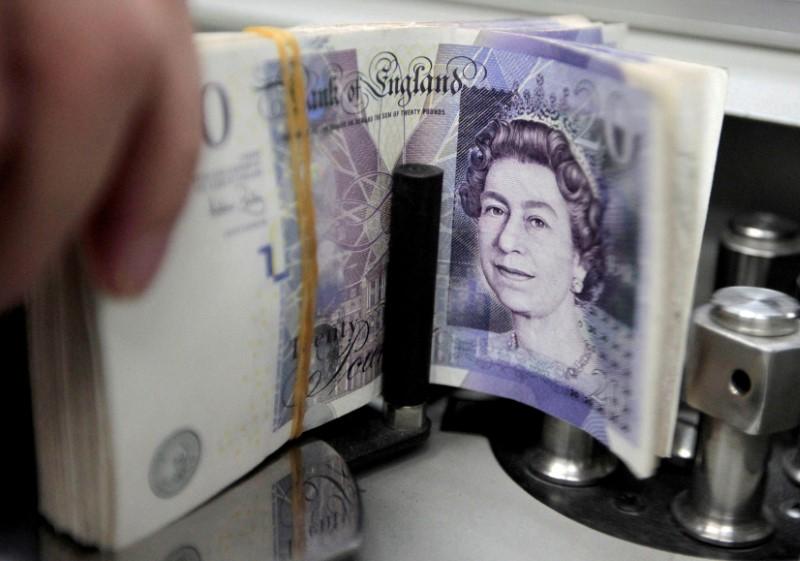Sterling dips after Supreme Court rules on Brexit
LONDON (Reuters) – Sterling fell and London’s FTSE 100 index rose on Tuesday after the Top court ruled that this government must go through parliament, but not the UK’s regional assemblies, to trigger talks on leaving european union.
The pound jumped to five-week highs after a first sections of the ruling were read, but ended up being hit by just a wave of profit-taking, fuelled partly by investor worries about how precisely politicians and the public in Northern Ireland and Scotland will respond.
The decision overall was regarded as clearing the manner in which for Prime Minister Theresa May to get on with launching Brexit talks which investors would rather were not occuring at all, albeit that has a handful of procedural hurdles.
“There is the issue of your assemblies in fact it is a big deal (they will do not have to be consulted). It offers a superior the upper hand towards government,” said Stephen Gallo, head of European FX strategy with BMO london.
“It looks like she will have enough votes to make it (triggering Article 50 divorce talks) through.”
There were also hints of extra constitutional conflict which could come back to haunt the pound, already down 17 % against the dollar since June’s referendum vote end the EU.
Scotland’s nationalist First Minister Nicola Sturgeon said she’d bring a motion of accept to Edinburgh’s devolved chamber regardless of the ruling that the government didn’t need to obtain its approval, or that surrounding the Northern Irish equivalent. Voters inside regions rejected Brexit, which had been carried to a new narrow majority by English and Welsh votes.
Sterling had drawn support last year from the original ruling in London’s High Court that was perceived to compliment pro-EU forces in parliament who’re demanding a “softer” Brexit that maintains membership of this bloc’s lucrative single market.
But many market participants said the conclusion on Tuesday had been recently factored into sterling.
“The ‘good’ news about greater Parliamentary scrutiny belonging to the Brexit process had become priced in,” said City Index analyst Kathleen Brooks. “Thus, profit taking would have be expected at this moment.”
By 1553, sterling was down 0.4 percent to $1.2489. and 86.07 pence per euro.
DATA DRIVE
The pound has fallen from $1.70 within a series of Brexit-driven sell-offs and partial corrections within the past 13 months, earning you money are many analysts and investors with more losses.
Mike Amey, sterling portfolio manager with giant bond investor Pimco, argues the english economy, with proved more substantial than many economists had expected until now, will weaken within the months ahead.
“Our view is always that the pound could still see some further weakness, probably more versus the dollar in comparison to the euro,” he told Reuters Global Markets Forum after a decision on Tuesday.
“We will see a slowdown over 2019. The good news is that the economy has entered 2019 with higher momentum. Our base case tends to be that consumer spending slows, but that GDP still holds (at) around 1-1.Five percent over 2019.”
Bank of the usa Merrill Lynch analysts pointed for a profit warning from BT as the hint of precisely how Brexit uncertainty is likely to be already weighing on business investment decisions and consumer confidence.

Falls for any pound have tended to back up internationally-focused companies on London’s FTSE 100, which be a little more competitive and profitable because currency weakens. That index rose 0.2 percent right then and there to 7163.51.
“A legal court ruling is usually a slap on the face of the British government,” said Jawaid Afsar, senior trader at Securequity.
“However, parliament almost certainly give its approval plus the Brexit timeline could stick to track. In terms of investors are involved, one more uncertainty is already out of the way they usually can look at other things.”

